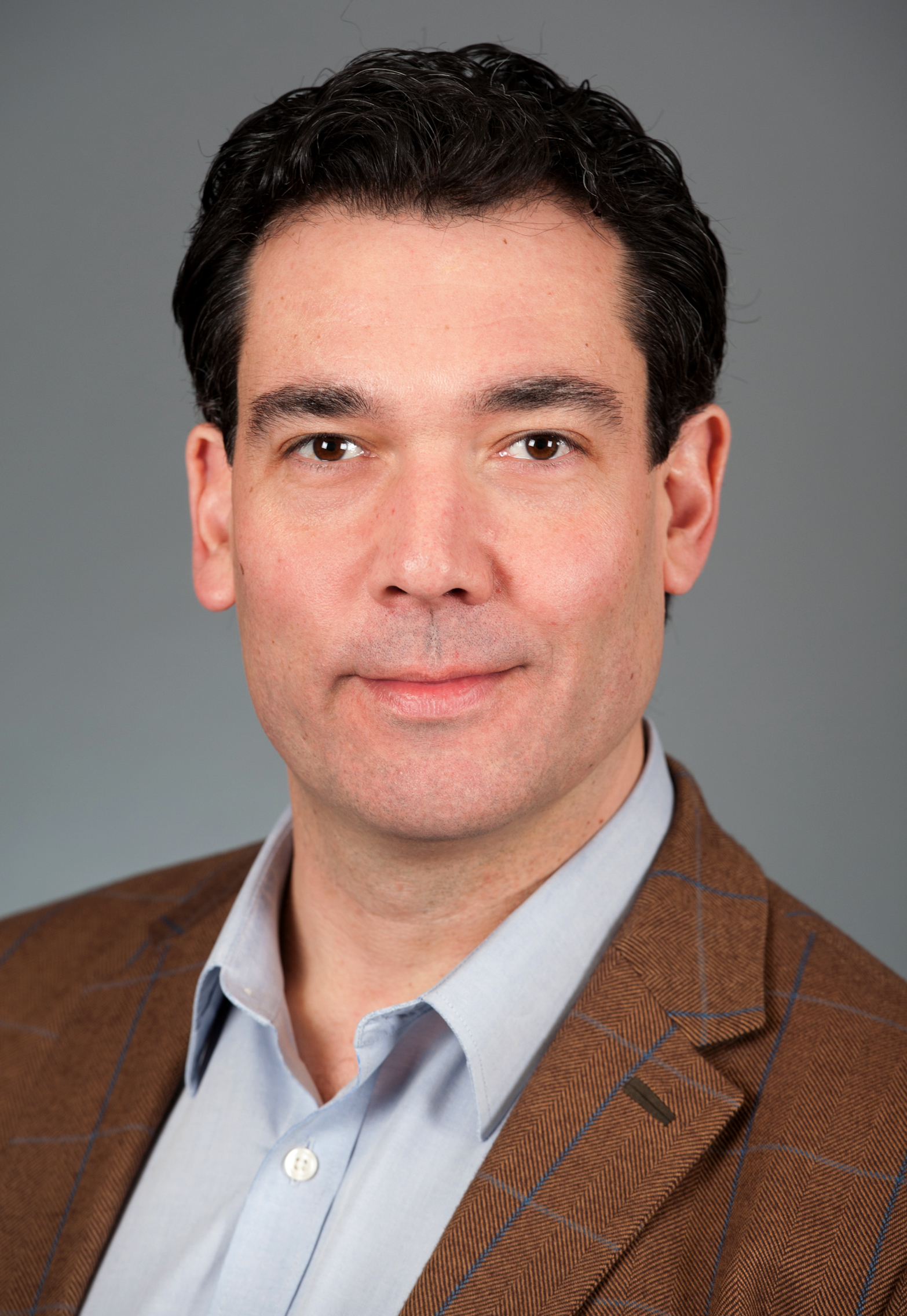
Richard Iain Gregory, Ph.D.
Our research is focused on identifying and characterizing new mechanisms of RNA regulation in the dynamic control of gene expression.
Dr. Gregory is Professor in the Departments of Biological Chemistry and Molecular Pharmacology, and Pediatrics at Harvard Medical School, and Principal Investigator in The Stem Cell Program in the Division of Hematolgy/Oncology at Boston Children’s Hospital. He is also Principal faculty member of The Harvard Stem Cell Institute, and a 2008 Pew Scholar. He received a Ph.D. from Cambridge University, UK in 2001, studying genomic imprinting at the Babraham Institute. Dr. Gregory performed his postdoctoral work at the Fox Chase Cancer Center and the Wistar Institute, Philadelphia. His postdoctoral research focused on mechanisms of miRNA biogenesis and function, and was supported by a Jane Coffin Childs Research Fellowship. He is committed to exploiting the basic knowledge of RNA regulatory pathways for the discovery and development of new and effective therapies.
Research:
Our research is focused on identifying and characterizing new mechanisms of RNA regulation in the dynamic control of gene expression. We apply this knowledge to explore how RNA regulatory pathways impact stem cell pluripotency, mammalian development, growth, cancer, and neurological diseases. Ultimately we aim to exploit this understanding for the development of new therapeutic approaches for cancer and degenerative disease.
Our specialized research program bridges RNA biochemistry/molecular biology and stem cell research is at the forefront of an exciting area of investigation focused on the regulation of microRNAs (miRNAs), messenger RNAs (mRNAs), and long non-coding RNAs (lncRNAs). We have made significant contributions to identifying and characterizing key molecular and cellular mechanisms of stem cell biology including the regulation of let-7 miRNAs by the RNA-binding protein and pluripotency factor LIN28. Pluripotent embryonic stem cells (ESCs) have the capacity to differentiate into any specialized cell type and are of potential therapeutic value for numerous degenerative diseases. Relatively little is known about the posttranscriptional mechanisms controlling ESC biology. Identifying novel gene regulatory pathways required for ESC self-renewal and pluripotency will define the foundations of ESC biology and facilitate the effective manipulation of cell fates for novel therapeutic approaches. Moreover, ESCs provide the opportunity to study developmentally controlled gene regulatory pathways and are amenable to applying biochemical, genetic, and cell biological approaches to elucidate these mechanisms.
A second major focus of the laboratory is to investigate how alterations in RNA biogenesis and decay pathways contribute to human disease. Until recently the lab has focused primarily on the regulation of tumor suppressor (let-7) and oncogenic (miR-17~92) miRNAs in cancer. We are currently broadening the scope of our work to include additional disease genes and pathways impacting RNA metabolism. Our innovative research strategy addresses areas that are new, unexplored, and poorly understood. As pioneers studying several disease-relevant RNA-binding proteins and ribonucleases, the lab is uniquely poised to make fundamental and groundbreaking discoveries in RNA biogenesis and decay. As new pathways and pathogenic RNAs are identified we design, develop, and perform high-throughput small molecule screening assays for the identification of new drug-like molecules that can restore RNA expression as a possible novel therapeutic approach.
We are supported by the National Institute of Health - National Institute of General Medical Sciences (NIGMS) and National Cancer Institute (NCI), and the March of Dimes Foundation.
Address:
Karp Family Research Building, 9th floor
1 Blackfan Circle
Boston, MA 02115
Hum Mol Genet
View full abstract on Pubmed
Sci Rep
View full abstract on Pubmed
Nat Cell Biol
View full abstract on Pubmed
J Clin Invest
View full abstract on Pubmed
Mol Cell
View full abstract on Pubmed
Mol Ther
View full abstract on Pubmed
Cell Rep
View full abstract on Pubmed